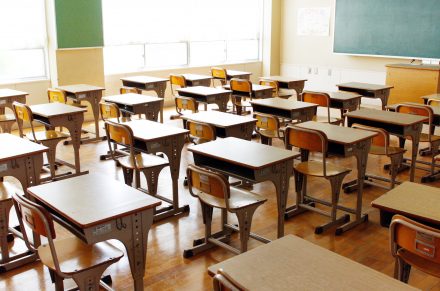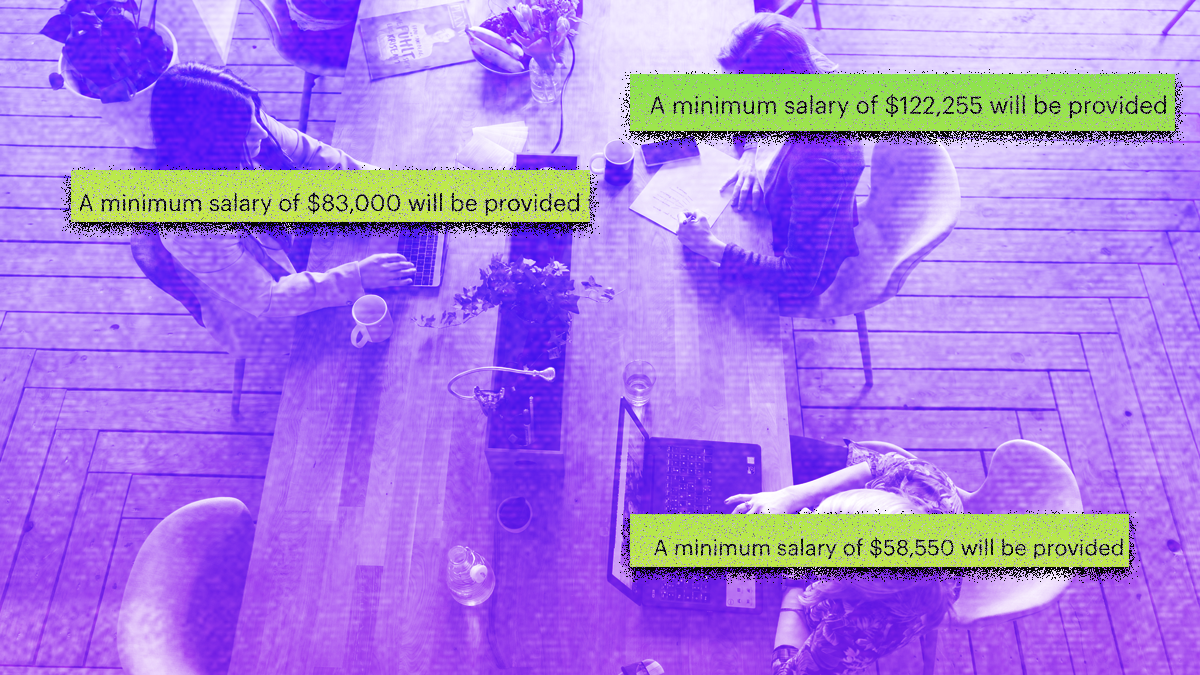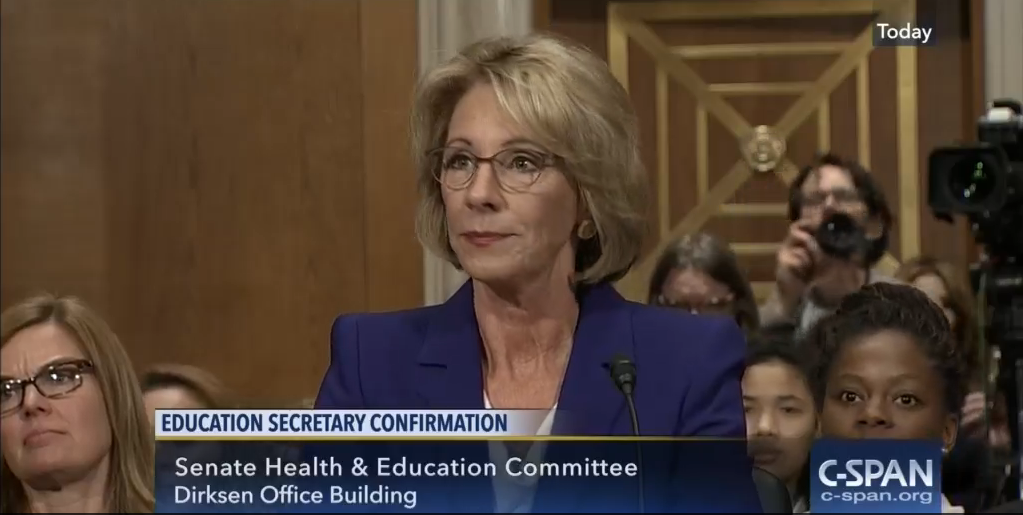Abortion rights, women of color, and LGBTQIA+ people are under attack. Pledge to join us in fighting for gender justice.
Federal Agencies Urge Schools to Limit Role of Police in the Classroom

 Too often, we hear about students of color who were arrested and even assaulted by police officers for the kinds of behavior that warrant, at most, a trip to the principal. Consider the African American 16-year-old girl in South Carolina who, last fall, was dragged out of her desk at Spring Valley High by a sheriff’s deputy—all for using her phone during math class. Remember the 12-year-old Latina middle schooler body-slammed to the ground by a school police officer in San Antonio. Sadly, it’s not surprising that research shows police presence in schools increases students’ rates of violent victimization and involvement with the criminal justice system.
Too often, we hear about students of color who were arrested and even assaulted by police officers for the kinds of behavior that warrant, at most, a trip to the principal. Consider the African American 16-year-old girl in South Carolina who, last fall, was dragged out of her desk at Spring Valley High by a sheriff’s deputy—all for using her phone during math class. Remember the 12-year-old Latina middle schooler body-slammed to the ground by a school police officer in San Antonio. Sadly, it’s not surprising that research shows police presence in schools increases students’ rates of violent victimization and involvement with the criminal justice system.
Yesterday, in recognition of stories like that out of Spring Valley High, the Department of Education and Department of Justice each issued new resources for schools about the proper role of law enforcement on their campuses. The letters reflect an important recognition of the ways police in schools—often called “school resource officers” (SROs)—can threaten young people’s educational opportunities when the line between law enforcement and student discipline is blurred.
Questioning the role of SROs and campus police
In his introduction, Department of Education Secretary John King urges schools to question whether they need SROs at all. Both DOJ and the Education Department urges administrators to limit SROs’ function to criminal activity only, rather than routine disciplinary action, and make sure all police officers are trained to promote, not threaten, students’ opportunity to learn. Importantly, the letters stress the need for a civil rights approach to these issues, reminding us all that the growing national conversation about racist, sexist, and overly punitive policing must include school policy discussions.
While the bulk of the resources focus on primary and secondary schools, a letter to colleges and universities clarifies that private campus police forces are subject to education discrimination laws, including those that protect students from mistreatment based on their race, sex, or disability. That’s good news for the fight against racial profiling in campus law enforcement, brought to the fore last year when a Yale police officer, gun in hand, accosted an African-American student. People with disabilities are also disproportionately subject to aggressive policing, but the Department of Education makes clear campus police must affirmatively avoid discriminating against students on the basis of disability. The clarification also sends a clear message to campus law enforcement to avoid troubling patterns of mistreatment in their response to sexual violence survivors, many of whom are dismissed, disbelieved, and harassed by police based on racist and sexist stereotypes.
Still a long way to go
While these resources are a step in the right direction, the fight for safe, equitable schools is far from over. Disciplinary and criminal codes overlap more than you would expect, such that restricting SROs to criminal violations may not be as dramatic a shift as we would hope. After all, the high schooler assaulted in Spring Valley – the one who police claim used her phone in class – faced criminal charges stemming from the incident, as did her friend who encouraged classmates to film the abuse. Further, given that police in schools make students less safe, many experts think schools should follow Secretary King’s lead in questioning the use of SROs, period. I hope that the next administration will build on this progress to further urge schools to reduce their reliance on policing so all students have the opportunity to learn and thrive in school.




